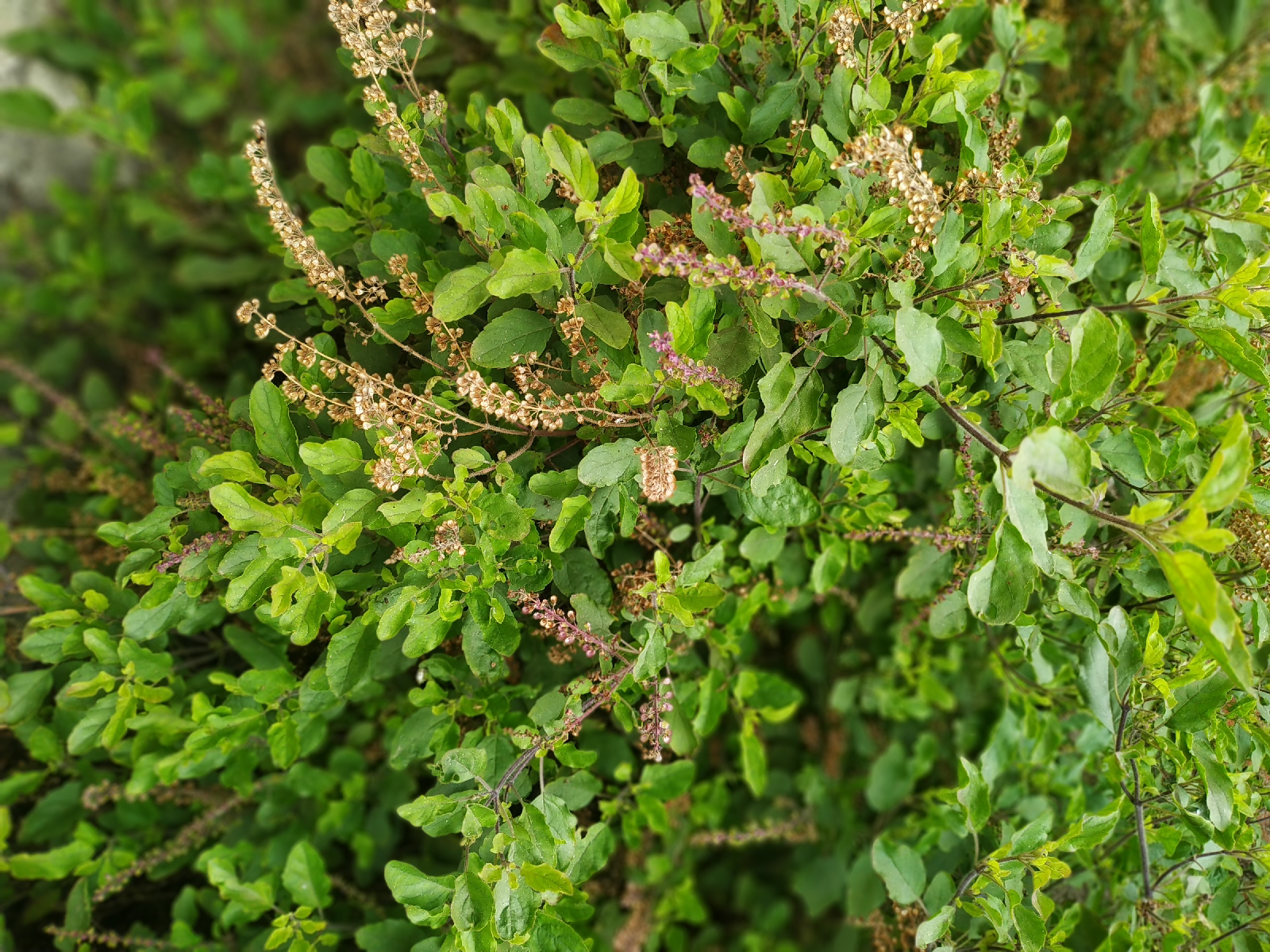THREATS TO BIODIVERSITY

Unfortunately it has to say that main threats to biodiversity are Humans. Humans are fully depended on the natural resources but it is possible to use all these resource without harming the nature, without disrupting the biodiversity, without harming the habitat and the most important thing is not to waste natural resources. We should consume the resources till a limited amount and conserve the resources for our future generation and for other species too; by doing this it is possible that we can keep our climate safe, we can prevent our biodiversity by being threat. By destroying habitat, we eliminate not only prominent species but also many obscure ones of which we may not even be aware. Over harvesting of food species is probably the most obvious way in which humans directly destroy biological resources. There are many, ancient examples of human disturbances of natural systems. Once-fertile areas have become deserts because of frail forestry, grazing, and agricultural practices...

